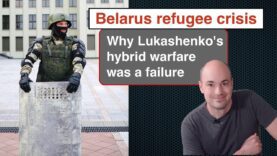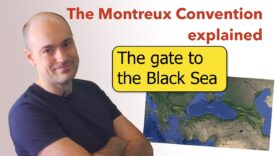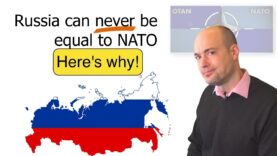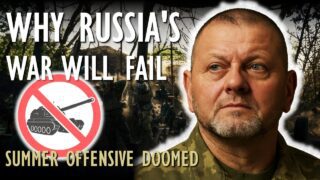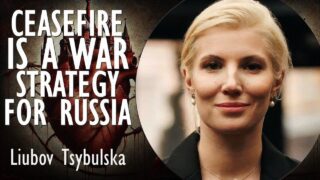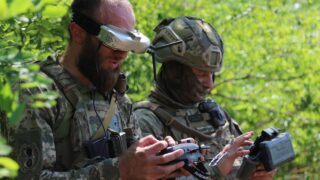What is hybrid warfare? – Kilcullen’s theory about liminal maneuver
Video Summary
Hybrid warfare is a complex and challenging topic to define, as it is an evolving concept that is difficult to pinpoint. The term “hybrid warfare” is often associated with Russia, and it is believed that Russia has had significant success with it, particularly in Ukraine. However, many countries have also engaged in similar tactics, and it is not exclusive to Russia.
The concept of hybrid warfare is not new, and it is not a recent invention. It has been used throughout history, and many critics argue that it is not a new or distinct form of warfare, but rather a continuation of traditional forms of warfare.
One of the most interesting theories on hybrid warfare is that of David Kilcullen, who proposes the idea of liminal warfare. Kilcullen’s theory suggests that the key to success in hybrid warfare lies not in combining different forms of warfare, but rather in exploiting the temporal dimension of operations. He identifies three key stages: the detection threshold, the attribution threshold, and the response threshold. The detection threshold is the point at which the opposing side becomes aware of the operation, the attribution threshold is the point at which the opposing side attributes the operation to a specific actor, and the response threshold is the point at which the opposing side takes action.
Kilcullen’s theory suggests that the key is to manipulate and exploit the uncertainty and ambiguity that exists in the liminal zone, which is the period between the detection and attribution thresholds. This is the zone in which the operation is still hidden, but the opposing side is starting to suspect that something is amiss. This is the zone in which the perpetrator can exert maximum pressure, and it is the key to success in hybrid warfare.
Kilcullen’s theory is not only applicable to hybrid warfare, but also to other forms of war and conflict. It is a powerful tool for understanding and navigating the complex and dynamic nature of modern conflict.







